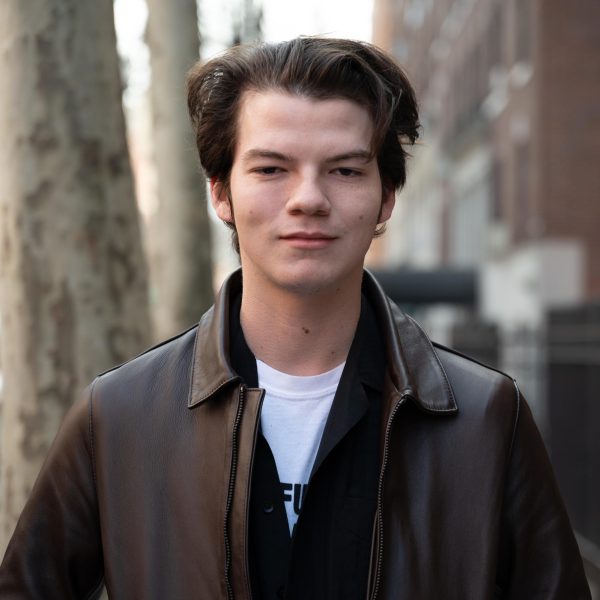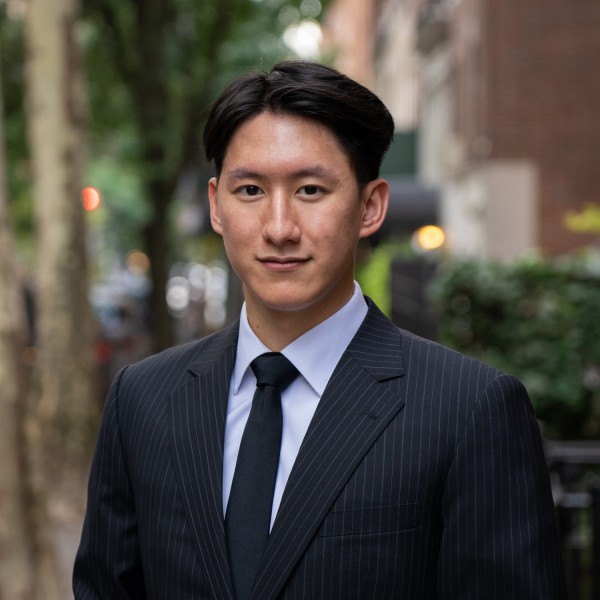Around the country, pro-Palestinian demonstrators have organized in protest against their universities — more specifically, against their ties to Israel’s ongoing siege in Gaza. In an effort to secure the disclosure of university investments and divestment from companies connected to Israel, protesters have camped out on grass, dirt and at NYU, on the concrete.
University president Linda Mills has leveled several accusations against these demonstrators, primarily characterizing the protests as rowdy, antisemitic and a danger to student and faculty safety. Whether you agree with protesters’ cause or not, they deserve to receive the same due process as anyone else facing misconduct or discrimination allegations on campus, a courtesy the university has extended to students in other groups and administrators in the past.
The accounts NYU is sharing of what is happening on campus are understandably causing many students to feel unsafe, but they appear to be portraying reports of misconduct during protests as widespread — something anyone who has witnessed the demonstrations on campus knows not to be true. Rather than provide its campus with a thorough and honest account of events — and admitting what is still under investigation or unconfirmed — NYU has, multiple times now, sent out vague and by some accounts incorrect information.
For example, the university cited “intimidating chants and several antisemitic incidents reported” at the Gould Plaza encampment and said that protesters unaffiliated with NYU had attempted to cross barriers into the plaza. These claims have been heavily contested by dozens of departmental leaders, as well student and faculty groups, but for many people whose primary source of information is the university, it is nearly impossible to know NYU’s account of events has been challenged at all.
In another instance, NYU claimed in a press release that the mere removal of demonstrators’ tents at the pro-Palestinian encampment outside the Paulson Center “has significantly de-escalated the situation,” implying that there is somehow an inherent threat posed by Target-brand nylon tents and misleadingly suggesting the encampment was compromising safety. By keeping students and faculty uninformed or even misinformed, NYU is sowing even more division on campus, division that could potentially escalate to a level the university surely would want to avoid.
There are plenty of videos on social platforms and more curated coverage in the media of the New York City Police Department’s aggressive actions at the first encampment on campus, as well as the chants and speeches platformed by students and faculty. Despite the incredibly thorough coverage this event received, there was seldom any elaboration on the university’s claims of hate speech. That the university also offered to provide amnesty to students who were arrested at Gould Plaza during negotiations also suggests they were not involved in any discriminatory behavior.
Because of how information is being communicated by the university, attention has been shifted from NYU’s decision to authorize student and faculty arrests to uninvestigated reports of misconduct, and more broadly, away from the siege in Gaza. The concern now isn’t, “how is the violence in Gaza going to be addressed,” but instead “when will these violent riots at universities stop?” The investigation process and results of these claims of disruptive and discriminatory behavior by protesters must be made more transparent to students, otherwise any faith in due process and trust within the university will crumble.
By being more responsible about its communications to students — through the inclusion of evidence, assurance of due process for those facing misconduct accusations and admissions of what remains unknown — NYU can help foster better-informed dialogue among students, reducing division on campus. Addressing genuine cases of hateful behavior that are poisoning the discourse around a very real issue helps everybody, but suggesting that dozens of people are guilty of misconduct based only on a few uninvestigated reports is a dangerous overgeneralization.
As with its communications, NYU should also be less vague about its reasoning for denying protesters their demands. More directly addressing students’ concerns, rather than attempting to redirect attention elsewhere, could help ease frustrations among protesters. If the university truly believes it can maintain a campus in Tel Aviv while being inclusive of all students and ensuring academic freedom at the site, then it’s time it publicly made its case. If NYU has genuine concerns that cutting financial ties with Israel would hurt its endowment, then the university should at the very least disclose what’s in its investment portfolio as proof of this financial impact to protesters, an option that wouldn’t be disruptive to its operations.
NYU should continue to stand for what it claims to believe in its mission statement: “to embrace diversity among faculty, staff and students to ensure a wide range of perspectives, including international perspectives, in the educational experience.” The university is faced with two choices: to keep slandering student and faculty protesters and inflame divisions on campus, or show that it is open to listening by being honest with students and faculty driving its institution forward.
WSN’s Opinion section strives to publish ideas worth discussing. The views presented in the Opinion section are solely the views of the writer.
Contact Noah Zaldivar at [email protected].



























































































































































Cam • May 1, 2024 at 3:10 pm
This is brilliantly written and succinctly addresses some of the major concerns of protestors, legal observers, and local media alike. I sincerely hope this message is able to reach the well-intentioned people who are being confused, frightened, and mislead by the university’s recent statements.